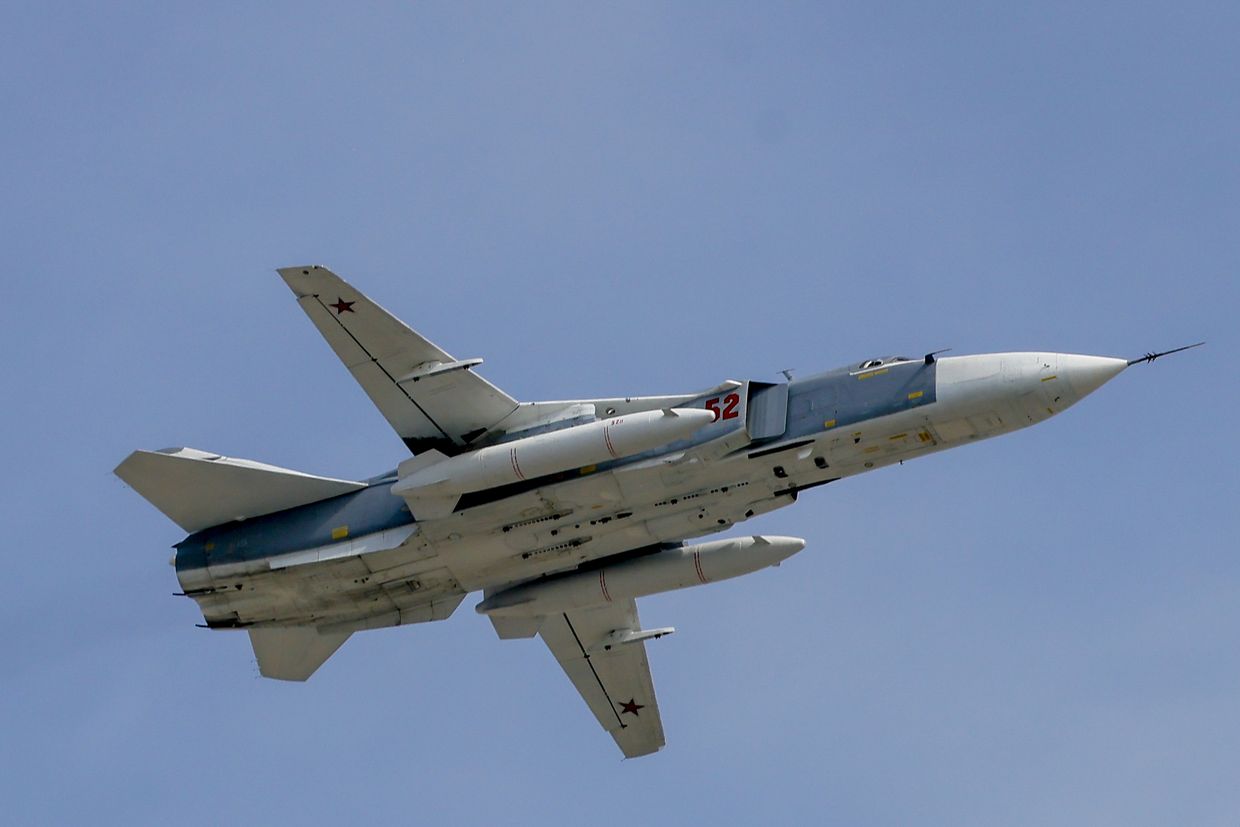Netherlands to deliver $579 million in US weapon systems to Ukraine, including Patriot missiles

Editor's note: This article was updated with a statement by U.S. Ambassador to NATO Matthew Whitaker.
The Netherlands will deliver a 500 million euros (around $579 million) military aid package to Ukraine consisting of U.S.-made weapon systems, including Patriot missile components, Dutch Defense Minister Ruben Brekelmans announced on Aug. 4.
The announcement comes amid a sharp escalation in Russian air attacks and calls from Kyiv to enhance Ukraine's air defense capabilities.
"Ukraine needs more air defence and ammunition now," Brekelmans wrote on X. "As the first NATO ally, the Netherlands will deliver a €500 million package of U.S. weapon systems (including Patriot parts and missiles). This helps Ukraine to defend itself and the rest of Europe against Russian aggression."
President Volodymyr Zelensky welcomed the decision, saying Ukraine and Europe "will receive greater protection from Russian terror."
"I am sincerely grateful to the Netherlands for their substantial contribution to strengthening Ukraine's air shield," Zelensky wrote, saying this is "the first such step" among NATO countries.
In June, U.S. President Donald Trump revealed a scheme under which NATO countries will purchase advanced arms from Washington, including air defense systems, and deliver some of them to Ukraine.
Zelensky added that the move was one of the practical outcomes of the June NATO summit in The Hague. He thanked NATO Secretary General Mark Rutte and Dutch Prime Minister Dick Schoof.
In July, Russia launched a record 6,129 drones against Ukraine.
Russia launched record 728 drones in a single night on July 9, striking targets across western Ukraine. At least six civilians were killed and 39 injured, Ukrainian officials said. The latest attack on Kyiv on July 31 killed 31 people and left more than 150 injured.
Later in the day, U.S. Ambassador to NATO Matthew Whitaker noted that the Netherlands is the "first of many" to purchase weapons for Ukraine under the new scheme.
"You're going to see a series of announcements. In the coming weeks, when we announced this facility that allowed our NATO allies to buy U.S. equipment and provide that to Ukraine for their defense, we had a lot of our allies raise their hand and line up," he said.
"A lot of them are coming together in groups to pool their money and their resources together to provide those armaments and munitions," Whitaker added.

Germany also announced on Aug. 1 that it would send two additional Patriot launchers "in the coming days," with more components expected to arrive "within the next two to three months."
German Defense Minister Boris Pistorius said Berlin had secured a commitment from the U.S. manufacturer to replenish German stockpiles quickly, allowing Germany to send the systems to Ukraine without compromising its NATO commitments.












